



11:04:41 02/11/2024
1. Why are children prone to tooth decay in molars?
Molars play a key role in chewing and grinding food. These teeth are also the most susceptible to decay in children due to their position deep in the mouth, making them harder to clean. Food debris can accumulate, creating an environment conducive to bacterial growth. The first permanent tooth, usually the sixth molar, is particularly vulnerable.
Many parents often underestimate the seriousness of tooth decay, thinking it only affects baby teeth and that they will be replaced eventually. However, this belief is entirely misguided, as baby teeth are crucial in guiding the proper alignment of permanent teeth.
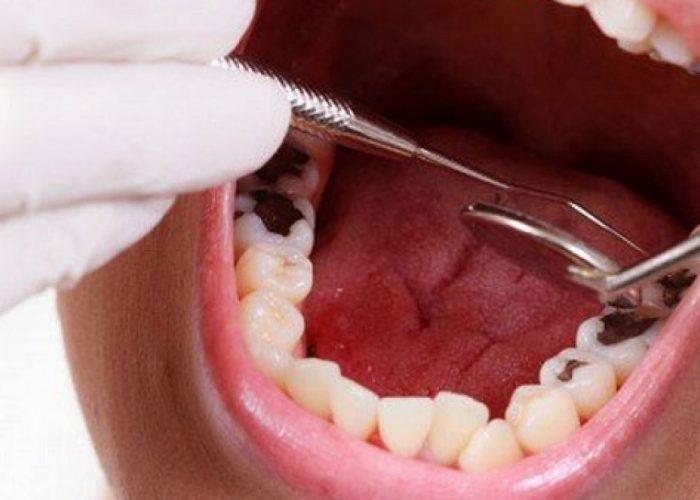
2. Causes of tooth decay in molars
The primary causes of tooth decay in children's molars are excessive consumption of sugary foods and inadequate oral hygiene practices. Sugary treats are a favorite among young children, and allowing them to indulge freely without monitoring can lead to decay. Many parents fail to recognize that sugar in processed foods can significantly harm their children's oral health.
Additionally, poor oral hygiene habits, such as infrequent brushing or improper techniques, contribute to the problem of tooth decay.
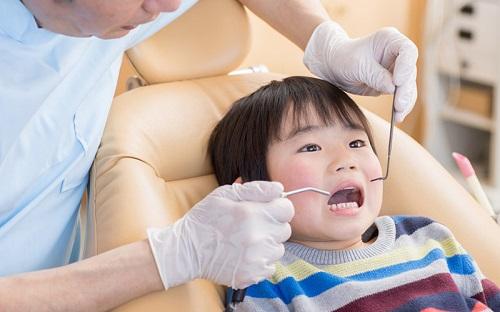
3. Consequences of decayed molars
Tooth decay in molars not only complicates chewing but also affects digestion. When children cannot chew properly, food is more difficult to digest, potentially leading to poor appetite. Furthermore, baby teeth play a vital role in guiding the growth of permanent teeth. If a baby molar decays early and must be extracted, it can hinder the proper eruption of permanent teeth, leading to misalignment and aesthetic concerns.
Untreated tooth decay can result in serious complications such as pulpitis or abscesses, negatively impacting a child's overall health.
4. Treating tooth decay in children: is it difficult?
Treating tooth decay in children's molars can be accomplished through various methods, depending on the severity of the condition. For early-stage decay, dentists may apply fillings to prevent further bacterial development. However, if the decay is advanced, extraction of the molar may be necessary.
While extraction may provide immediate relief from pain, it can have long-term implications for the development of oral health. Removing a molar too early can lead to significant issues regarding the alignment and structure of the teeth.
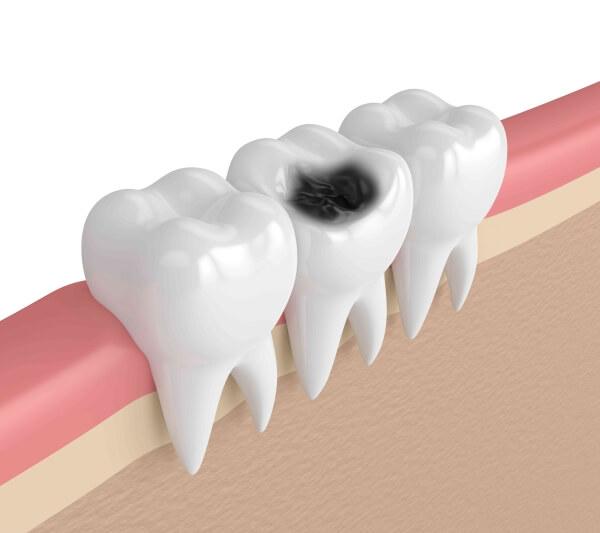
Tooth decay in children's molars is a concerning issue that requires attention. By altering dietary habits and enhancing awareness of oral hygiene, parents can protect their children's dental health, helping them grow up healthy and confident.
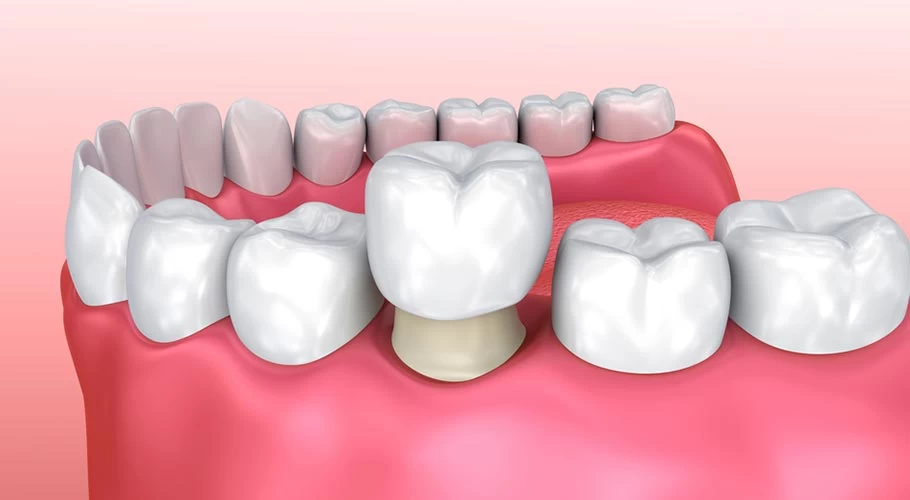
25/10/24

25/10/24

07/11/24
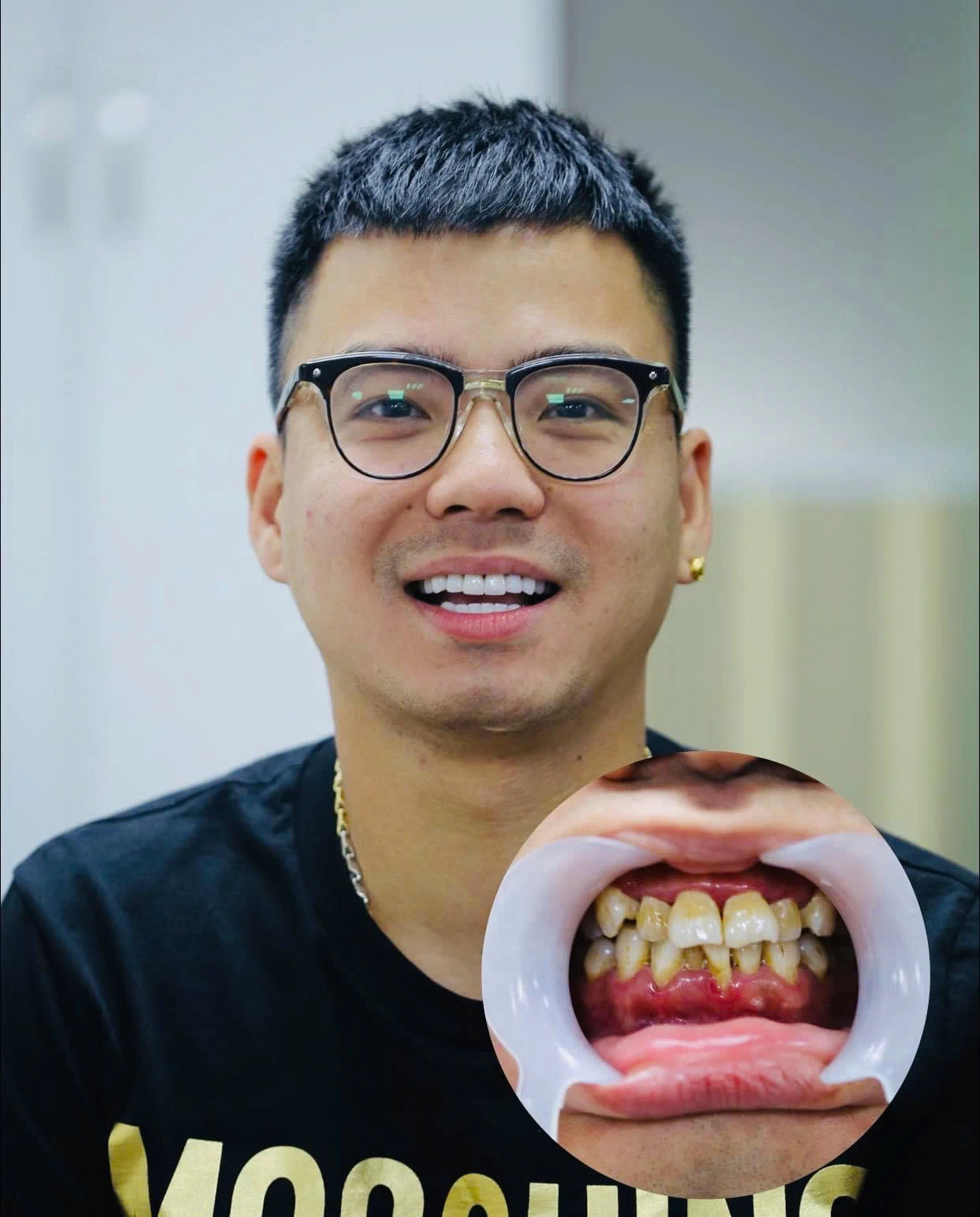
11/12/24
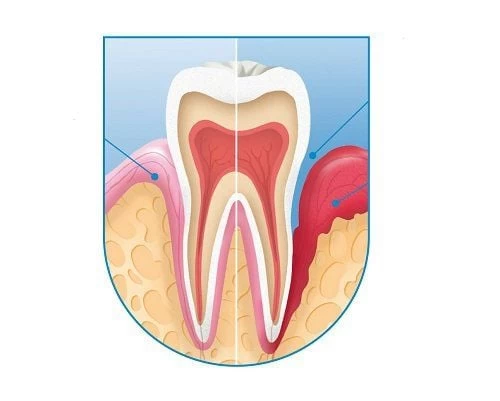
14/11/2024
Periapical inflammation (also known as apical periodontitis) is a common dental disease that causes pain and affects the oral health of patients. Amass Dental will help you understand this condition in detail to aid in timely prevention and effective treatment.
Detail
07/11/2024
Braces have become increasingly popular as an effective method to improve both the aesthetics and function of teeth. However, some people are concerned that this process may impact their speech abilities. So, does wearing braces actually affect speech? Let's explore this topic in detail with Amass.
Detail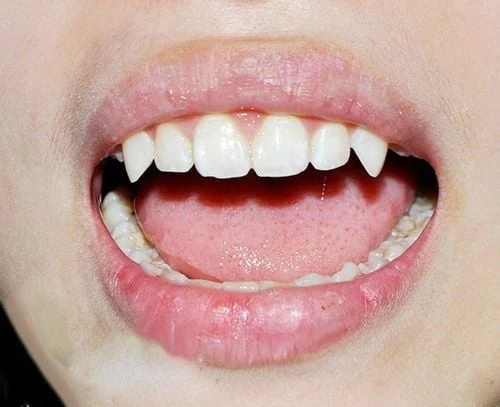
01/11/2024
In feng shui, the shape of one’s teeth can reflect personality and energy, influencing social relationships, work, and family dynamics. Features like sharp front teeth, misaligned teeth, or irregular growth are often seen as indicators of unstable energy, potentially generating conflicts. Below are some feng shui insights about sharp teeth and how they may impact your life:
Detail